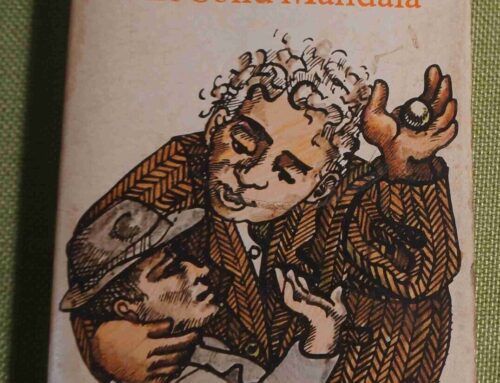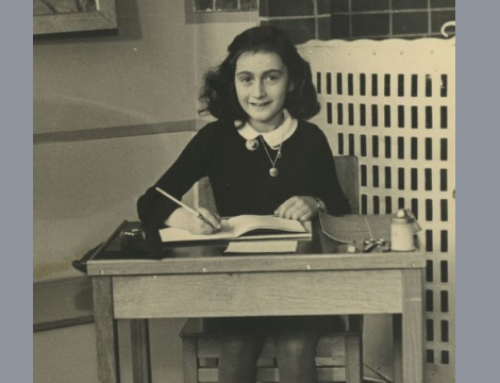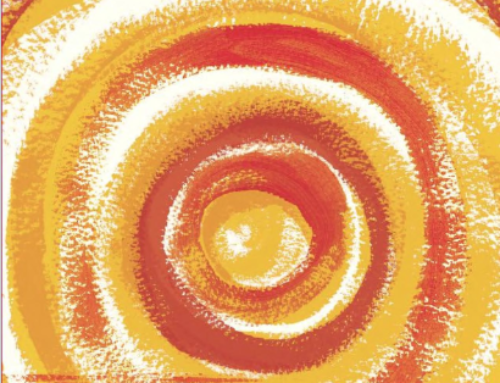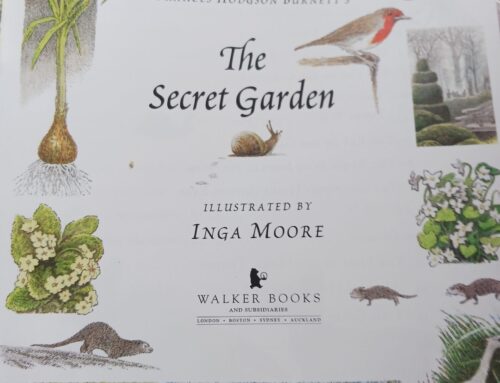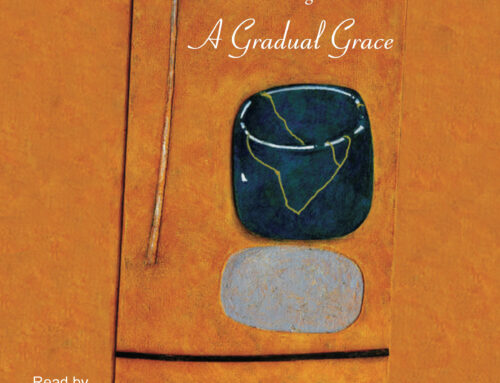Hopeless love, grand passion, erotic obsession, heartbreak, despair, secrecy, deception, cruelty, abuse, hatred … what is this thing called love? Thank god I’m over it, as the actress said to the bishop. Well….
Are we ever over it? The dark side of love has been the theme of many great novels, and titles that spring to mind are Anna Karenina, Jane Eyre, The Mill on the Floss, Wuthering Heights, Villette, The English Patient, and many more.
Henry Handel Richardson: what do you think of when you hear this musical name? The Fortunes of Richard Mahony, of course, her great trilogy which established her as Australia’s first great woman novelist. I know it’s not postmodern to talk about greatness, but I still believe in it, because there are books I have read, ancient and modern, that I keep returning to again and again, because they have filled my imagination and changed the way I see the world.
When I was coming home recently, I indulged in an airport book. I was pleased to see that the Perth airport shop had a range of Text classics, resurrecting some of the forgotten treasures of our literature. I saw Henry Handel Richardson’s name, scooped up the large yellow-coloured paperback (630 pages) and paid for it. When I sat down to wait for my plane, and opened it, I was mortified to see that it was Maurice Guest, not The Fortunes of Richard Mahony, which I had read and loved as a young woman.
I rushed back to the shop, expecting to be able to swap the book. but Richard Mahony was not there. I’d seen the author’s name, and imagined the title I wanted. So I went back to the gate for my plane, and started reading.
Last night, dear reader, I finished the book. And I have to admit, although I was reluctant at first, like someone who goes on a blind date and is disappointed by first impressions, I was drawn into the world of Maurice Guest, and I agree with Carmen Callil, who writes the introduction to it, that it is a great novel, which so far has suffered the fate of being ‘always forgotten, always rediscovered.’ It is not a comfortable book to read; it is about a passionate, idealistic love which goes wrong, which becomes obsessive and cruel, and ends in despair and death. There is no light relief to speak of; the die is cast from early on in the story; the young, naive English man, Maurice Guest, who comes to Leipzig to study music, falls hopelessly in love with Louise Dufrayer, a dark, moody beauty who is (improbably) Australian. and of course, she is hopelessly in love with someone else. And so unfolds the dance, of her betrayal by her lover, of Maurice’s devoted friendship and consolation, of her eventual acceptance of him as her lover, of their brief happiness, and of the decline of their love into a nightmare of jealousy and torture. The character formula is simple: she is an Aphrodite, moody, passionate, sensual, complicated, narcissistic; and he is a devotee, idealistic and compelled to subjugate himself, until his possessive jealousy and insecurity takes over his better nature, and he is driven to cruel and obsessive games to hold her to him and prevent her from having a life of her own.
This dark dynamic is set against the streets of Leipzig, with some marvellous evocations of the musical culture, the teachers and their students, the obsessive, competitive and ruthless strive for perfection, the bitchiness, gossip, drunkenness and infidelities of the student population, of spring days and nights when squares and streets are perfumed by lilac, and of the severe winter world, where piercing north winds drive down the narrow streets, black frost penetrates every pore of the skin, snow covers the city in a white pall, and Maurice and his friends find release for pent-up energy and passions by skating on the frozen river. Happiness is elusive and ephemeral, like April days and the smell of lilac, and winter darkness and the icy dark of doubt, distrust and defeat set the tone of the book.
There is some wonderful writing in this book. Although it’s mainly told from Maurice’s point of view (and he does become annoying, in his obsessive, insecure stalking and persecution of the one he adores, yet cannot accept as she is) there are passages which give us insights into the mind of Louise, who is mostly enigmatic and unpredictable. When she and Maurice are together on a country trip (meant to revive their love) she realises, on the second day, that she is over him:
Could nothing satisfy her, she asked herself? Cold she not be content for twenty-four hours on end? Was it eternally her lot to come to the end of things, before they had properly begun? It seemed, always, as if she alone must be pressing forward, without rest. Here, on the second of these days of love and sunshine, she saw, with absolute clearness, that neither this nor any other day had anything extraordinary to give her; and sitting silent at dinner, under an arbour of highly-coloured creeper, she was overcome by such a laming discouragement, that she laid her knife and fork down, and could eat no more.
Maurice, watching her across the table, believed that she was over-tired, and filled up her glass with wine.
If I were she, that would have been it. But she was a woman who needed someone to love her, even if she despised that love, and so there are many more steps before the inevitable end.
I think this would make a wonderful film. A period setting, an archetypal plot, extreme passions and matching settings …
have you read this book? If not, do buy it; it’s only about $12, and when you’ve read it, pass it on. It beats 50 Shades of Grey.
